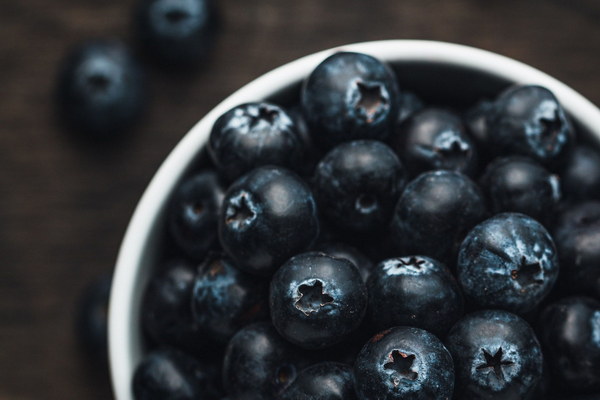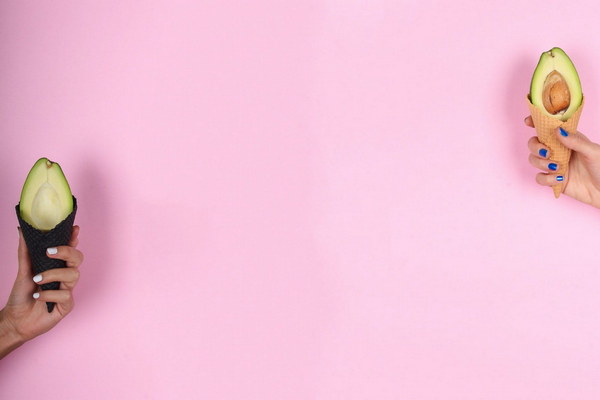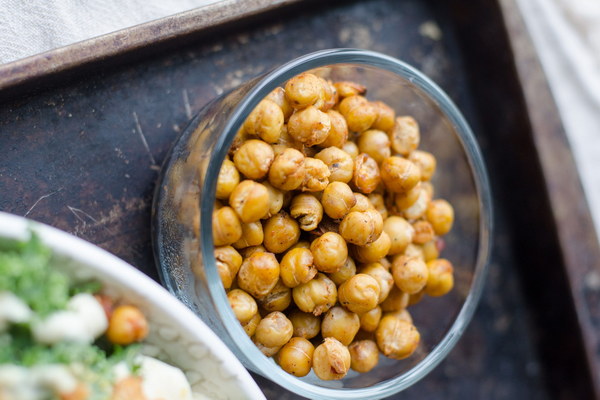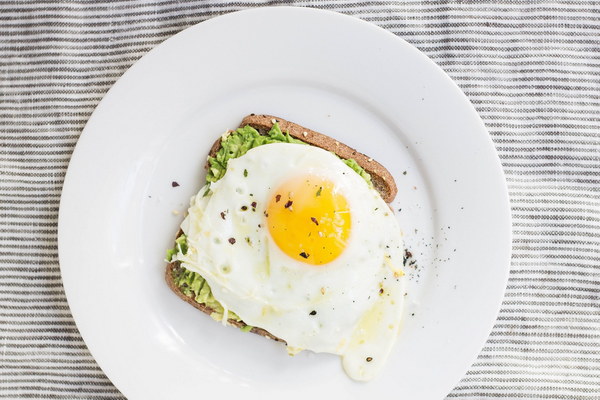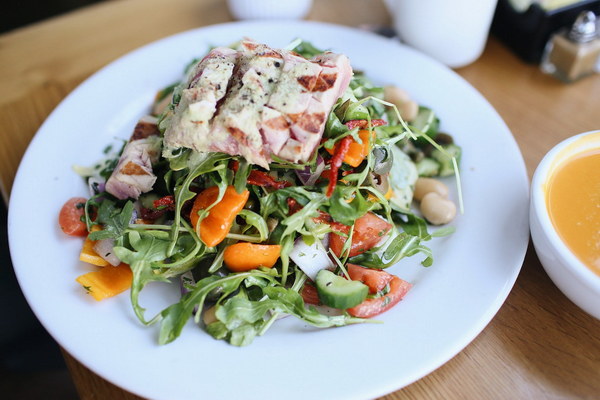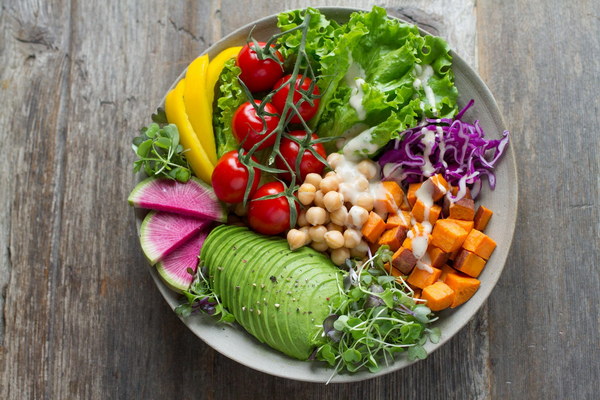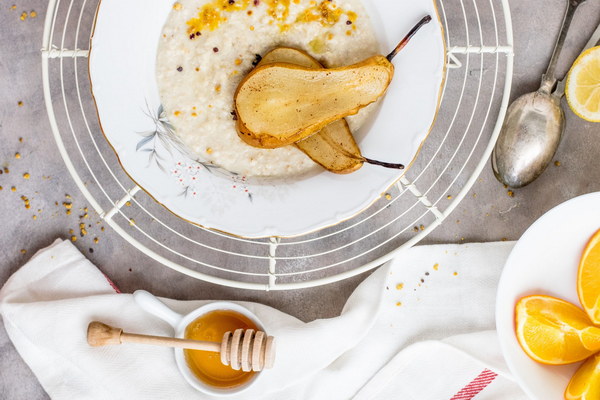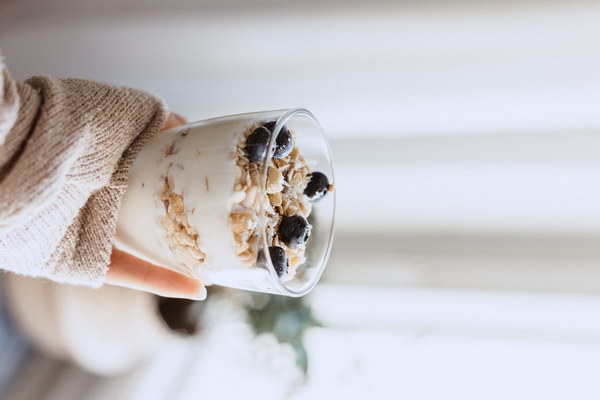Nourish Your Body to Clear Acne A Comprehensive Guide to Healthy Living for Clearer Skin
Introduction:
Acne is a common skin condition that can affect people of all ages. While it's primarily a skin issue, the root causes often lie deeper within the body. Improving your overall health can significantly contribute to clearer skin. In this article, we'll explore how to nourish your body to combat acne, covering diet, lifestyle, and self-care practices.
I. Diet for Clear Skin
1. Hydrate with Water
Drinking plenty of water is crucial for maintaining healthy skin. Aim for at least 8 glasses a day to flush out toxins and keep your skin hydrated.
2. Incorporate Antioxidant-Rich Foods
Fruits and vegetables high in antioxidants, such as berries, leafy greens, and bell peppers, can help combat inflammation and protect your skin from free radicals.
3. Omega-3 Fatty Acids
Omega-3s, found in fatty fish like salmon and flaxseeds, can reduce inflammation and improve your skin's appearance. Consider omega-3 supplements if you're not getting enough from your diet.
4. Whole Grains and Lean Proteins
Whole grains and lean proteins, like chicken, turkey, and tofu, provide essential nutrients and help regulate blood sugar levels, which can prevent acne breakouts.
5. Avoid Processed Foods and Sugar
High-glycemic foods and processed snacks can cause blood sugar spikes, leading to increased oil production and acne. Opt for whole foods and limit your sugar intake.
6. Probiotics for Gut Health
A healthy gut is essential for clear skin. Probiotics found in yogurt, kefir, and fermented foods can promote gut health and reduce acne.
II. Lifestyle Changes
1. Regular Exercise
Physical activity increases blood flow, which can improve skin health. Aim for at least 30 minutes of moderate exercise most days of the week.
2. Get Adequate Sleep
Poor sleep can lead to stress, which can exacerbate acne. Aim for 7-9 hours of quality sleep each night.
3. Manage Stress
Stress can trigger the release of hormones that lead to increased oil production and acne. Practice stress-reducing techniques such as meditation, yoga, or deep-breathing exercises.
III. Self-Care Practices
1. Gentle Skincare Routine
Use gentle, non-comedogenic skincare products to avoid clogging your pores. Look for ingredients like salicylic acid, which can help unclog pores and reduce inflammation.
2. Regular Face Washing
Cleanse your face twice a day with a mild cleanser to remove excess oil and dirt that can clog pores.
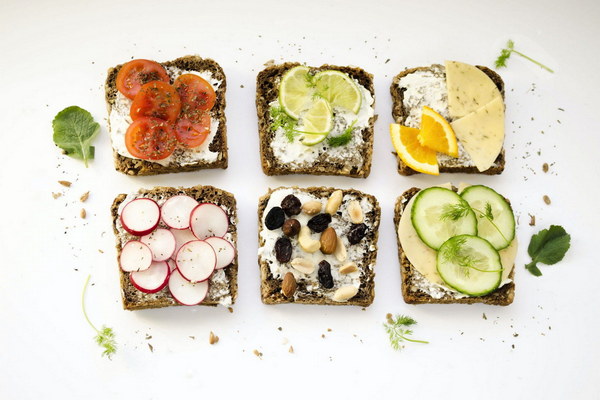
3. Avoid Picking or Squeezing Pimples
Picking or squeezing pimples can lead to infection and scarring. Leave it to the professionals if you need to extract a pimple.
IV. Supplements for Acne
1. Vitamin A
Vitamin A, in the form of retinoids, can help control acne by reducing oil production and increasing cell turnover. Consult with a healthcare provider before starting any supplement regimen.
2. Zinc
Zinc is a mineral that can help regulate oil production and reduce inflammation. It's found in many multivitamins and can be taken as a supplement.
3. Vitamin B Complex
B vitamins, particularly B5 (pantothenic acid), can help reduce acne by controlling oil production and managing stress levels.
Conclusion:
Acne is a multifaceted condition that can benefit from a holistic approach. By focusing on diet, lifestyle, and self-care, you can nourish your body to achieve clearer skin. Remember that everyone's body is different, so it may take some trial and error to find the best combination of practices for you. Always consult with a healthcare professional before making significant changes to your diet or starting any new supplement regimen. With patience and persistence, you can overcome acne and enjoy healthier, more radiant skin.

